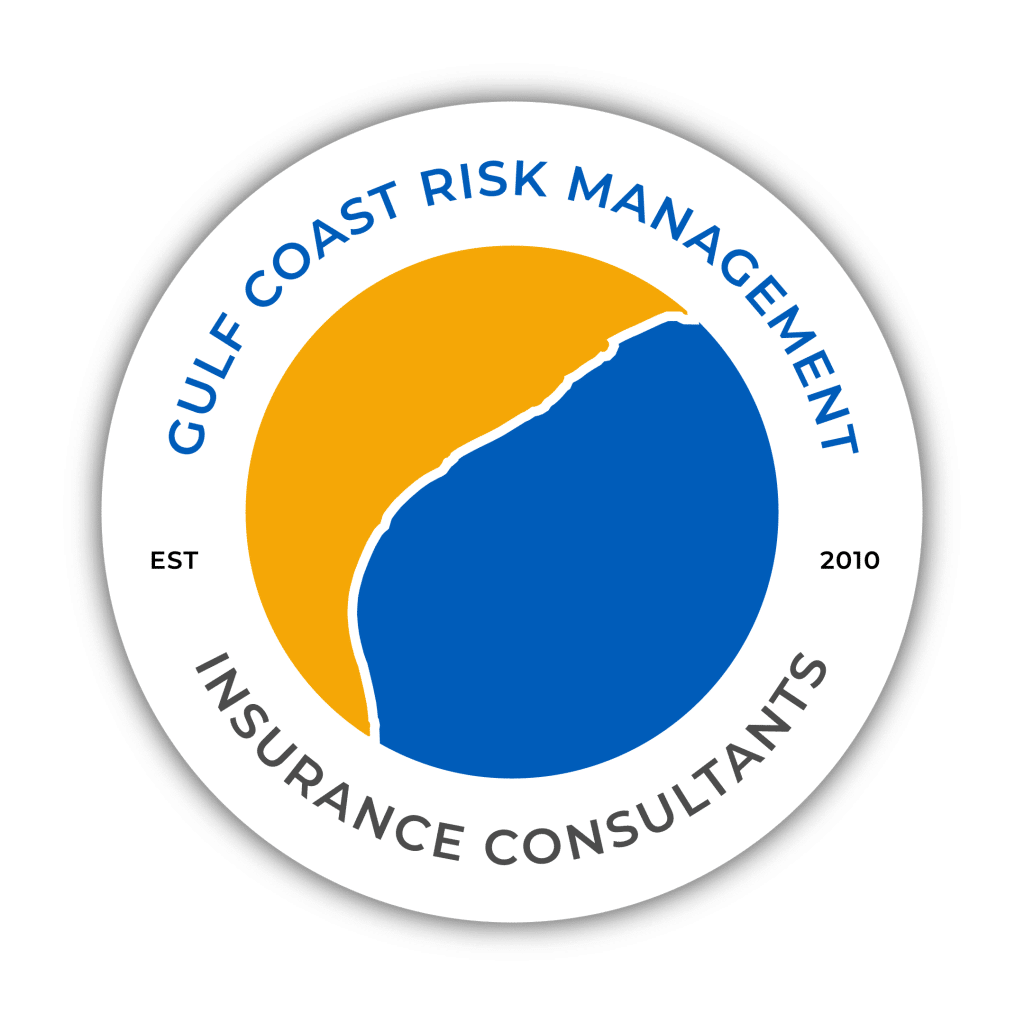Navigating Insurance Requirements for General Contractors in Construction Projects
When you’re a general contractor embarking on a construction project, ensuring you have the right insurance coverage is critical. Not only does it protect you and your team, but it also sets the foundation for smooth operations throughout the project. Here’s a comprehensive guide on establishing insurance requirements and how Coirus.com can help simplify the process.
Understanding Key Insurance Requirements
Before you break ground, it’s essential to conduct a thorough review of the project specifications, contracts, and applicable regulations. This will help identify your insurance needs. Here are the main types of insurance coverage that are typically required:
- General Liability Insurance
Protects against claims for bodily injury and property damage that may arise during the course of your work.
- Workers’ Compensation
Covers medical expenses and a portion of lost wages for employees who become injured or ill on the job.
- Professional Liability Insurance
Also known as Errors & Omissions Insurance, this protects against claims of negligence or failing to deliver services as expected.
- Umbrella/Excess Liability Insurance
Provides additional coverage beyond the limits of your existing policies, ensuring you are well-protected against significant claims.
Additionally, it’s crucial to define the minimum limits of coverage based on your project’s size, scope, and risk factors. Don’t overlook any additional insured endorsements or waiver of subrogation requirements that might be needed. Clear communication of these insurance requirements to all stakeholders—including contractors, subcontractors, vendors, and suppliers—ensures everyone is aligned and adequately covered.
The Importance of Compliance
Establishing clear insurance requirements upfront ensures that all parties understand their obligations and can procure the necessary coverage promptly. This proactive approach lays the groundwork for effective Certificate of Insurance (COI) management throughout the project, minimizing potential risks and liabilities.
Non-compliance with insurance requirements can result in additional premiums at the final audit. Issues like expired, bogus, or undetected endorsements can undermine the entire purpose of risk transfer. In a claims situation, the fallout can be crippling or catastrophic.
How Coirus.com Can Help
Managing COI can be overwhelming, especially for general contractors who may lack the resources or expertise to track and verify insurance compliance effectively. This is where Coirus.com comes in.
With over 25 years of experience in reviewing certificates, Coirus.com understands the common pitfalls that contractors face. Our tracking program is designed to save you time and money while ensuring better compliance for peace of mind.
- Streamlined COI tracking ensures your files are complete and up to date, reducing the risk of being caught out by non-compliance during an audit.
- Outsource your COI management to us and focus on what you do best—building and managing your projects.
- Enjoy the benefits of a well-managed risk transfer strategy, leading to a more sustainable business operation.
Whether you’re a landlord, contractor, or involved in Owner Controlled Insurance Programs (OCIP), our solutions are tailored to meet your needs.
Conclusion
Securing the right insurance coverage is not just about meeting legal requirements—it’s about safeguarding your business and ensuring its longevity. By understanding the insurance needs for your construction projects and leveraging the expertise of Coirus.com, you can focus on delivering quality work without the worry of unforeseen liabilities.
Ready to simplify your insurance management? Visit Coirus.com today and find out how we can support your business in meeting every insurance requirement with ease.

Scott Margraves
Gulf Coast Risk Management
